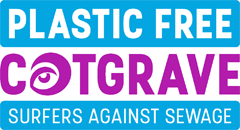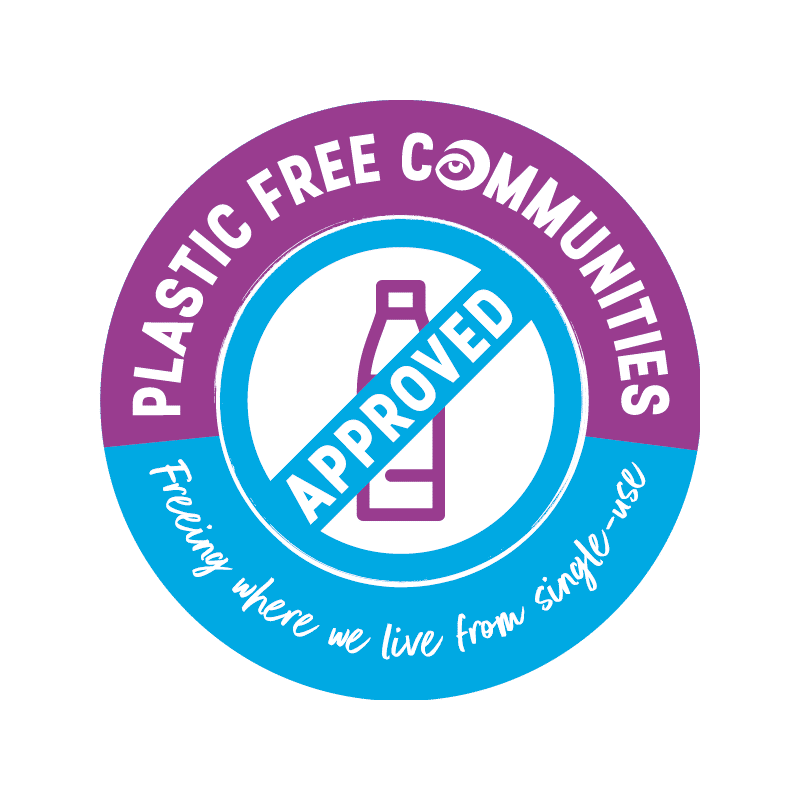Babies and Children
Are you looking for ways to reduce plastic use with your children? Here are some tips:
Babies
- Disposable nappies - and wipes - make up a LOT of plastic waste throughout your pre-potty-trained baby's life. An easy option to reduce this waste is to use cloth versions. There are lots of different, easy options (long gone are the days of folded terry cloths, although that is still an option). For a detailed guide on different types of cloth nappies - and even a quiz to see what would suit you best - visit www.thenappylady.co.uk There is also a "Nappy Library" based in Nottingham, who put together packs of different types and brands of nappies so you can try different ones before buying your own. You can also use cloth wipes which you wash with the nappies, saves you the plastic wrapping and you can choose what to put on them - many use just water.
- Breastfeeding is the most zero-waste option for feeding your baby, however it is not always possible. If you choose to formula feed your baby you can buy formula in recyclable metal tins or cardboard boxes and you can use glass bottles for feeding - you can even get different teats to fit on mason jars you may already have! If you choose to pump breast milk for your baby, instead of using single use plastic storage bags there are a few options - you can fill and freeze glass jars to be defrosted and used straight away, or you can fill up ice cube trays and store the cubes in tubs once frozen.
- For baby toys, less is always more! It’s easy for babies to be overwhelmed with too much stimulation so simple, wooden toys can save your pocket and the planet. A lot of wooden toys may seem expensive but they are much more durable than the plastic equivalent and can often be resold for a similar price you bought them for. And you can support smaller businesses that make handmade wooden toys in the process - even get them personalised!
- When it comes to weaning your baby onto solid food, you have two options - traditional or baby-led. With traditional weaning you start off with purees then progress onto more solid finger foods, whereas with baby-led you introduce finger foods from the beginning. For many, baby-led weaning is much less wasteful as you can just share your (unsalted) meals with your baby, and if you're already in the habit of plastic free grocery shopping there's no extra waste! If you choose the traditional route, making your own purees from vegetables would be best, but you can also buy purees in jars and reuse the jars. If you do buy plastic pouches (as we all need a break sometimes!) you can recycle them with Ella's Kitchen Terracyle scheme Ellacycle. Radcliffe-on-Trent Playgroup is a collection point.
- Recycling baby items – La Romi recycle all plastic baby items such as teethers and bibs, toys and clothes.
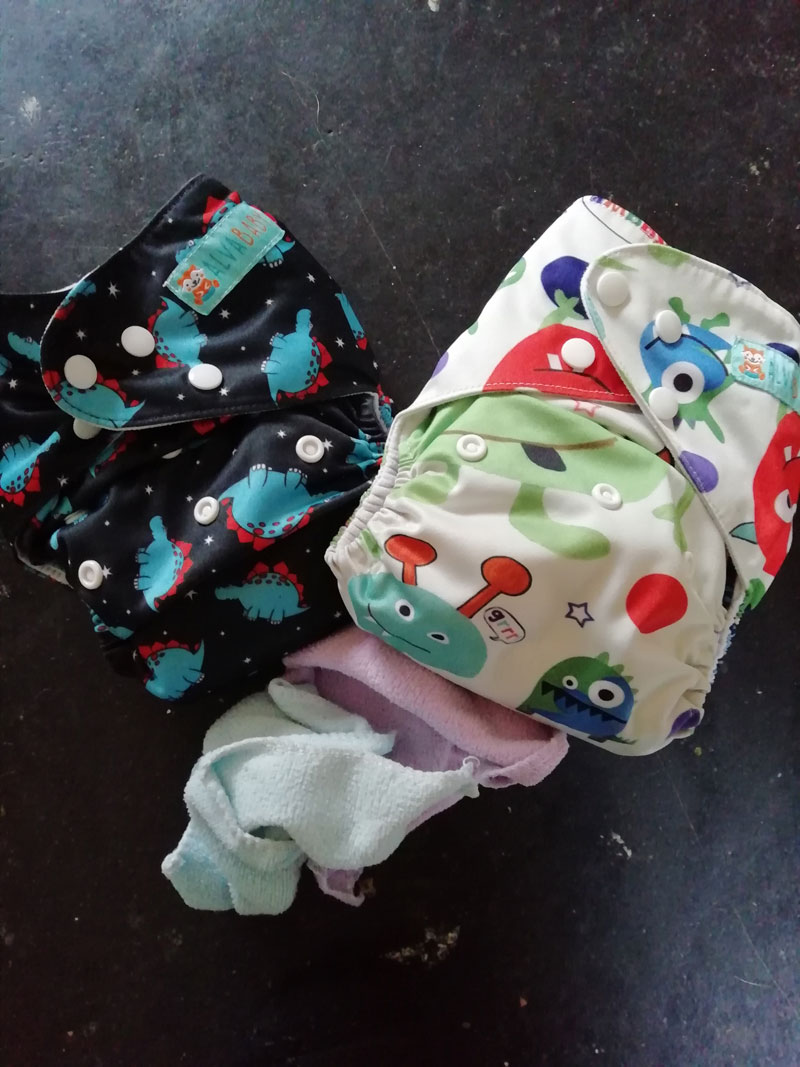
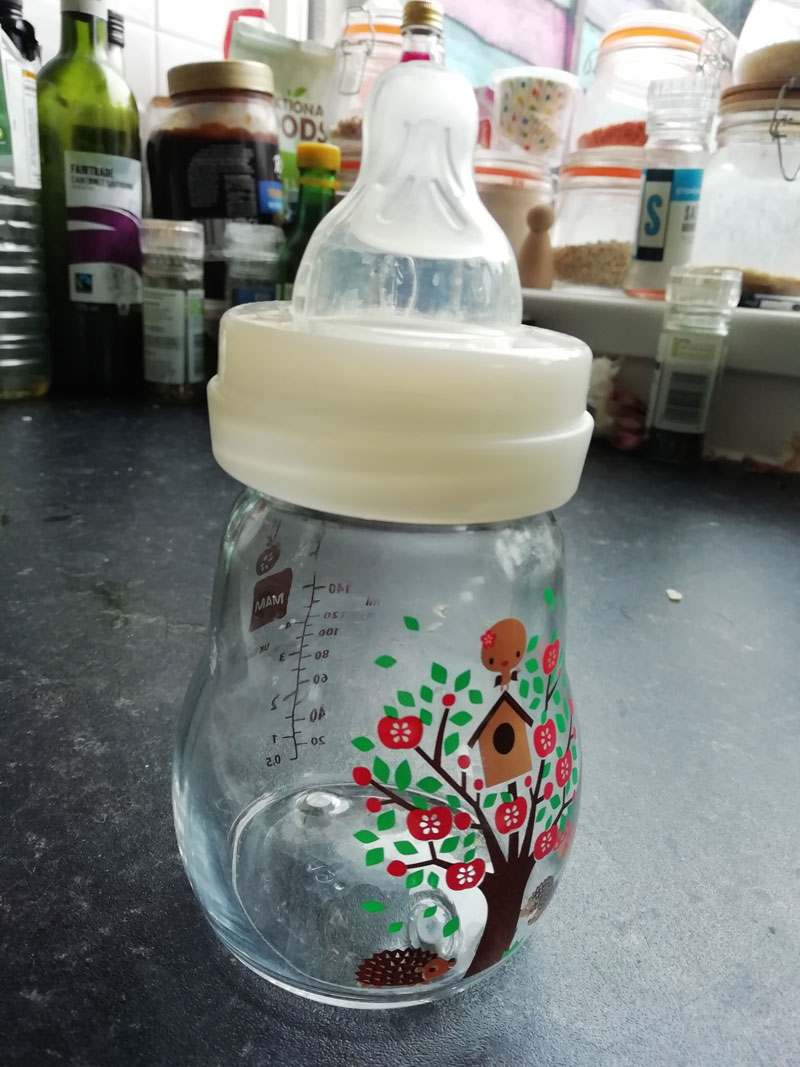
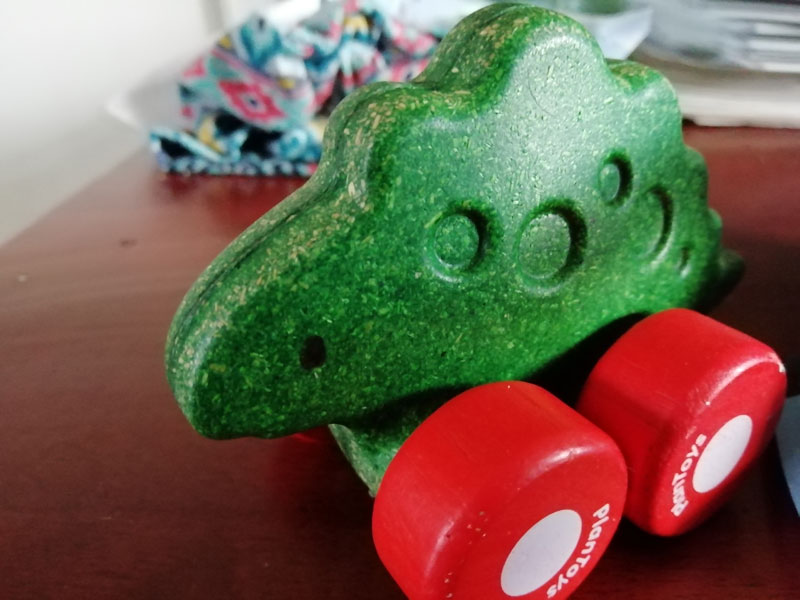
Children
- Toy libraries - like Whirli.com - allow you to pay a small subscription then 'rent' toys for as long as your child wants to play with them and then they can be sent back, cleaned and sent to another family. Although this won't reduce the amount of plastic in your house, it will reduce the amount of toys being thrown away.
- Anyone who's been around growing children will know that they're always asking for snacks! One way to reduce the plastic waste from endless crisps, cereal bars and the likes is to make your own! You can make crisps in an oven or dehydrator with vegetable peelings and there are plenty of recipes for cereal bars - even ones you can make with everything from the zero waste shop - and it makes a great activity for older kids.

One of the most important things to remember, however, is that parenting is hard! If you need a break from the never-ending cooking, cleaning and laundry, there's no shame in choosing an easier option to take the pressure off - every little thing that you do makes a difference!
